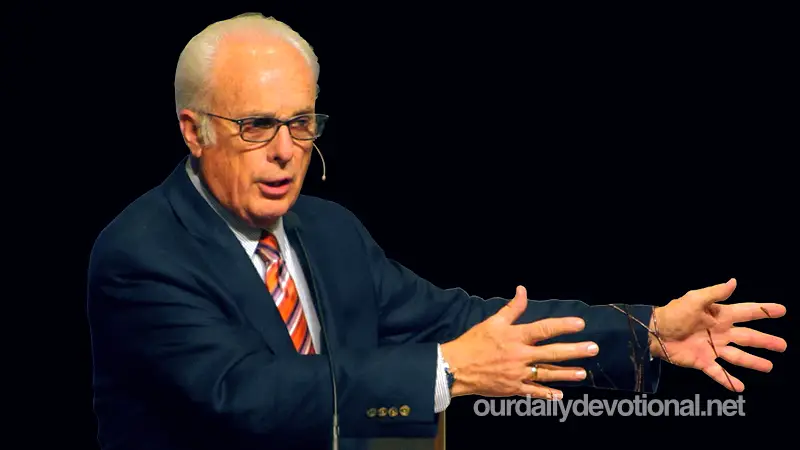(prob. meaning: "Jehovah is he").
(a) Benjamite native of Anathoth; he was one of those who adhered to David in Ziklag (1 Chron. 12:3).
(b) Prophet, son of Hanani. He pronounced the prophecy of judgment against Baasha and his dynasty for persisting in the practice of the sin of Jeroboam I (1 Kings 16:1-4, 7). He censured Jehoshaphat for having entered into an alliance with the wicked Ahab (2 Chron. 19:2), and wrote memoirs recounting Jehoshaphat's acts (2 Chron. 20:34).
(c) Founder of the fourth dynasty of the kings of Israel. Son of a certain Jehoshaphat and grandson of Nimsi (1 Kings 19:16; 2 Kings 9:2). Jehu was an officer, in the service of Ahab (2 Kings 9:25). When Ahab and Jezebel were rejected for their crimes, God commanded Elisha to anoint Jehu as king of Israel (1 Kings 19:16-17).
Elisha, Elijah's successor, sent a young prophet to do so and order him to destroy the house of Ahab. So did Jehu, who killed Joram and Ahaziah, grandson of Ahab; By Jehu's order, Jezebel was thrown down from a window.
She had introduced Baal worship into Israel, and instigated many other crimes, including that of Naboth (2 Kings 9:1-37; see ACAB). Jehu then persuaded the elders of Samaria to kill Ahab's seventy sons (2 Kings 9:7-8).
These actions, despite their bloodthirsty character, were acts of obedience and the specially entrusted execution of God's terrible judgments on the house of Ahab (2 Kings 10:30).
But it cannot be said that his sole motive was to glorify the Lord, since he had not given himself wholeheartedly to God (2 Kings 10:31). The prophet Hosea condemns his motives (Hosea 1:4). Jehu had Ahab's main officers, advisors and friends killed, and then Ahaziah's 42 brothers.
Finally, he summoned the priests of Baal and his worshipers to a great feast to celebrate in honor of his god; all the people who entered the temple of Baal were massacred (2 Kings 10:12-28). But, despite everything, Jehu did not follow the Law of Jehovah, nor did he abandon the cult of the golden calves of Bethel (2 Kings 10:29, 31).
He acceded to the throne around 842 BC. According to Assyrian documents, that year he paid tribute to Shalmaneser (see Shalmaneser), who had gone to Israel to fight Hazael king of Damascus. The Black Obelisk discovered at Tell Nimrud represents the payment of tribute by Jehu, whose name is mentioned in the inscription. Jehu reigned 28 years (2 Kings 10:36).
Around the year 821 BC, the king, who had grown old and could no longer lead the army, associated with him in government his son Jehoahaz. It was in the time of Jehu that Israel began to disintegrate (2 Kings 10:32). The letters from Tell el-Amarna seem to be from this time.
(d) Man of Judah, of the family of Jerameel (1 Chron. 2:38).
(e) One of the tribe of Simeon (1 Chron. 4:35).
Meaning of JEHU
(prob. meaning: "Jehovah is he").
(a) Benjamite native of Anathoth; he was one of those who adhered to David in Ziklag (1 Chron. 12:3).







